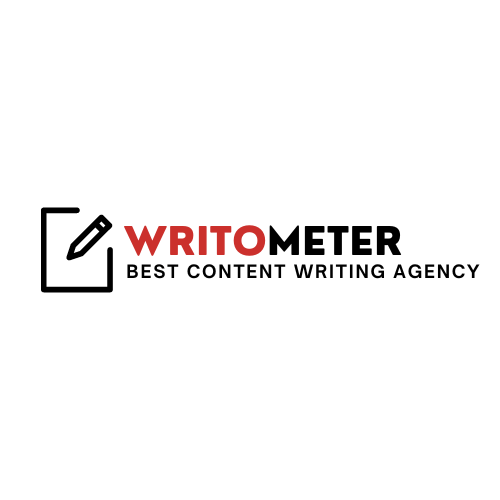Effective project management is vital to the successful completion of a project. Without it, your team is more likely to miss due dates, lose track of who is responsible for what, do a poor job, or go over budget. Project Management Software is a powerful tool that facilitates planning, execution, and monitoring of projects.
Although using digital signage can also help you keep track of important milestones and deadlines, you should also consider implementing a project management software tool. After all, trying to keep track of task management and deadlines using basic spreadsheets will rarely cut it in this day and age. A good project management solution is required to help you monitor your team’s progress and to keep the project on track.
How to Choose A Project Management Tool
There are hundreds of project management software solutions to choose from, which can make it challenging to figure out which one will best suit your team’s needs. The following are some of the things you should look for in a project management tool:
- User interface: Choose a project management software that offers an intuitive user interface so your team members won’t have problems learning how to use it. Look for tools that have user-friendly dashboards that use drag-and-drop functionality.
- Integrations: If your company uses other software (e.g., Salesforce SaaS), then you definitely want to look for a project management solution that integrates with those programs. This will make work management much easier.
- Mobile accessibility: Make sure that the solution you choose is mobile-friendly. Look for project management apps that can be accessed through both iOS and Android devices. Mobile apps make it easy for your team to check their progress on the go.
- Project planning tools: Some software solution offerings include basic project planning tools such as a detailed Gantt chart which sets realistic goals and allows for better tracking of tasks. If you need more advanced planning capabilities, then make sure the tool you choose offers it (e.g., resource allocation, timesheets, or project scheduling features).
- Project collaboration tools: Strong team collaboration depends on the ability to communicate. Look for messaging features like chat and group functionality that make communication easy, especially between remote teams. Lastly, choose a solution that allows your team to share documents and resources easily.
- Price: Pricing varies based on features and functionality. Many solutions offer free plans that are perfect for small teams. As your needs grow, you can upgrade from the free version. For example, bigger teams may require plans that come with unlimited projects or are available to unlimited users.
- Your team’s needs: Consider how your team works, as some project management solutions are better for certain types of teams. For example, if a lot of team members are working on various tasks and subtasks at once, then you’ll want a task management software solution that offers real-time updates.
- Timesheets: You’ll also want to make sure that the project management tool offers timesheets (for keeping track of how much time is spent on each task). The inclusion of timesheets makes it easier to monitor each team member’s progress and to hold your team responsible.
The Best Project Management Software Tools
There are countless project management tools on the market that may be useful for your needs. Wrike, Basecamp, Jira, ClickUp, and Celoxis are all excellent options. However, the following are four project management tools in particular that are considered to be the very top of their class (and that are supported on both Mac and Windows computers as well as Android and iOS devices).
1. Asana
Asana uses project views that include lists, boards, and timelines along with the ability to add due dates, comments, and attachments to action cards. Accountability is easy with Asana as well via workload tracking that allows individual team members to manage their own workloads. On top of that, you’ll have access to real-time analytics and charts, which make it easy to track progress.
2. Trello
Trello makes use of the Kanban view, which is a type of project management that focuses on delivering work in a continuous flow. Kanban boards are known for being user-friendly. Additionally, you can use their action cards to add comments, attachments, and due dates. Trello is also highly customizable and includes built-in workflow automation capabilities.
3. Zoho Projects
Zoho Projects offers the following features: file-sharing, work estimates, time tracking, milestone management, progress reports, calendars, task dependencies, resource allocation, and more. It uses Gantt charts to visualize team schedules and projects. There is also a wide range of integrations available with Dropbox, Slack, Google Drive, and more.
4. Microsoft Teams
If your company already uses Microsoft Excel and other Office applications, then it might be worth looking at a project management tool like Microsoft Teams. Microsoft Teams allows members to collaborate on files in real-time using Powerpoint, Word, Excel, and more, and boasts integrations with hundreds of other project management solutions, including Hive. You can even meet virtually using Microsoft Teams.
Project management tools offer significant benefits to businesses by enabling them to manage their projects more efficiently and with greater visibility. By implementing a project management solution, managing projects will be easier than ever before — especially when it comes to complex projects, such as software development projects.

WritoMeter is a seasoned content creator, a leading content writing services provider. With a passion for storytelling and a knack for turning ideas into engaging narratives, WritoMeter bring a wealth of experience to the world of digital content. For any types of content writing services contact us on info[at]writometer.com.

